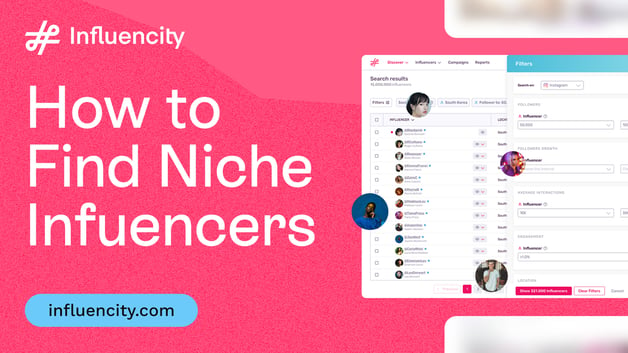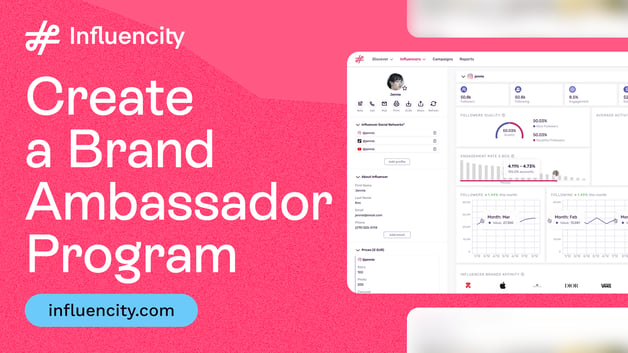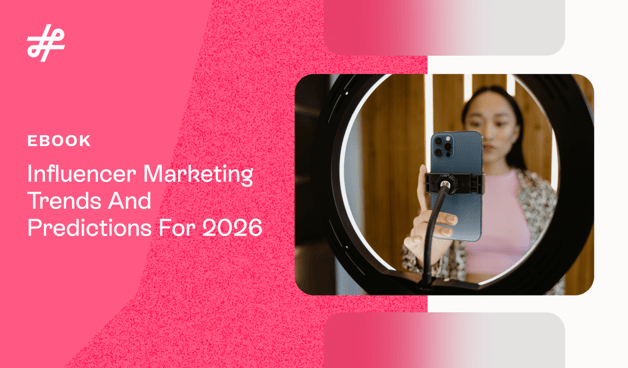The Ethics of Influencer Marketing: Balancing Business and Transparency
This article will focus on the ethics of influencer marketing and the legal and social responsibilities that influencers and brands must adhere to. Specifically, we will explore the complex relationship between business and transparency in influencer marketing. With this post, we hope to provide you with a better understanding of the ethical considerations and best practices associated with this marketing strategy. That way, you can maintain consumer trust and protect your brand reputation.
The Ethics of Influencer Marketing
Although influencer marketing is important (and not going anywhere), there have been a few cases recently that have led to discussions about the ethics of influencer marketing. Perhaps the most renowned was Fyre Festival, a high-profile music event that was fraudulently misrepresented and resulted in a number of lawsuits. Although example like this are in the minority, they have raised questions about the ethics of influencer marketing and the responsibilities that brands and influencers have when they launch marketing campaigns.
During the run-up to Fyre Festival, now referred to as “the greatest festival that never happened”, promoters used false advertising to mislead consumers into paying thousands of dollars to attend a luxury music event in the Bahamas. Marketing campaigns were centered around promises of a “real-life island fantasy with luxury accommodations, gourmet food, and the chance to party with celebrities”. Promoters also convinced a number of high-profile performers, models, and influencers to push the event through their social media accounts, adding credibility to the festival. However, when ticketholders arrived at the festival, they were met with chaos. Instead of luxury villas, they were offered tents. Instead of gourmet food, each partygoer was given a cheese sandwich (if they were lucky!). And most of the musical acts had dropped out. A world away from what they had been promised.
This event is a prime example of why there is now a growing demand for increased awareness of the ethics of influencer marketing. Consumers have a right to protection from exploitative marketing tactics. Influencers have a duty to be transparent about the products that they endorse and disclose their paid partnerships. Brands have a responsibility to form authentic relationships with the influencers that promote them and create campaigns that people can trust.
How To Balance Business and Transparency: Best Practices
The main objective of any business is to make money. However, there has to be a clear line between promoting a brand in its best light and using underhand and fraudulent strategies to mislead consumers.
The key is finding the right balance between business and transparency.
Here are two best practices to help you comply with the ethics of influencer marketing and build a solid reputation based on trust and transparency.
Be Clear with Your Sponsored Content
The most important aspect when it comes to the ethics of influencer marketing is being open and transparent when you launch a campaign.
Consumers these days want to know when they are seeing an ad. In fact, they don't just want to know - they expect it. That’s why it’s essential that you are clear with your campaigns and disclose all sponsored content. That way, there is no risk that consumers will claim that they have been misled or manipulated.
The best way to ensure transparency in this sense is by including clear ad labels in your campaigns. Make sure your influencers use the right hashtags to highlight when a post has been sponsored or they are promoting as part of a paid partnership. Check the platform where you are advertising first to see if there are any guidelines for this (most platforms have tools for this). For example, the only fully compliant hashtags for sponsored posts on Instagram are #ad or #sponsored.
It’s also important to make sure that the influencer you collaborate with has a genuine interest in your brand or products. Their audience needs to believe that the post is honest and authentic. Otherwise, they won’t buy into the endorsement, and they will feel that they are being targeted with false or unsupported claims. The best way to ensure this is by conducting an influencer audience analysis.
Prioritize Consumer Welfare
The other vital aspect relating to the ethics of influencer marketing is the impact marketing can have on consumer behavior. As a result, brands have a duty to use marketing practices that prioritize consumer welfare. Campaigns need to be built around the pillars of protection, equality, and respect. They need to offer genuine value and communicate a sense of trust and transparency.
Aside from these moral obligations, there are also a number of legal considerations relating to consumer welfare.
For example, in the UK, marketers must comply with The Influencer Marketing Code of Conduct. This best practice guide aims to raise marketing standards, smooth relationships between brands and influencers, and deliver transparency to consumers.
In the US, the ethics of influencer marketing are regulated by the Federal Trade Commission (FTC). The FTC has established clear guidelines that brands must follow when they form a contractual agreement with an influencer. These guidelines specifically relate to transparency and disclosure. Since the launch of these guidelines in 2021, the FTC has already put hundreds of businesses on notice as a result of fake reviews and other misleading endorsements.
If you don’t comply with these consumer welfare guidelines, ensure your content is transparent, and your sponsored posts are disclosed, you will likely face civil penalties. Not to mention the damage that it will do to your brand reputation.
Tags:






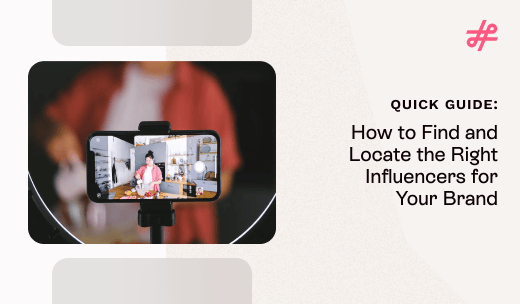










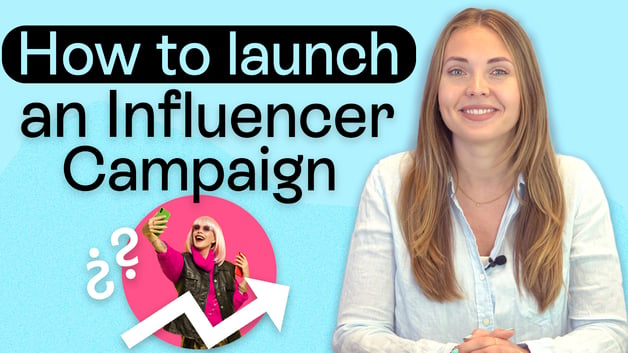

%20and%20How%20Can%20They%20Benefit%20Your%20Brand%20article.jpg?length=628&name=What%20Are%20Key%20Opinion%20Leaders%20(KOL)%20and%20How%20Can%20They%20Benefit%20Your%20Brand%20article.jpg)
